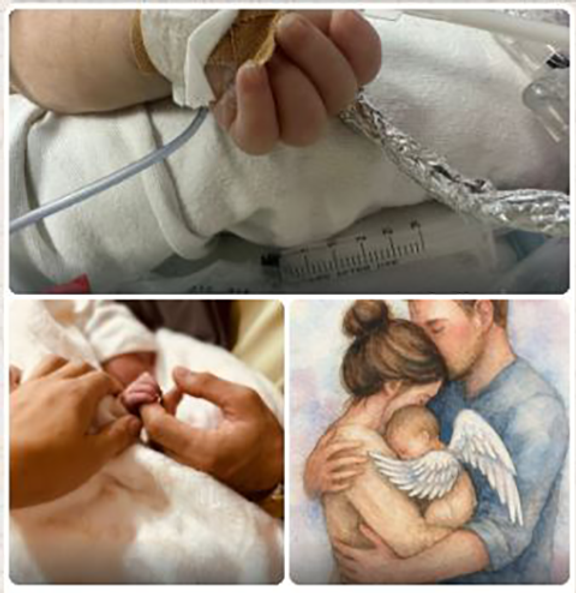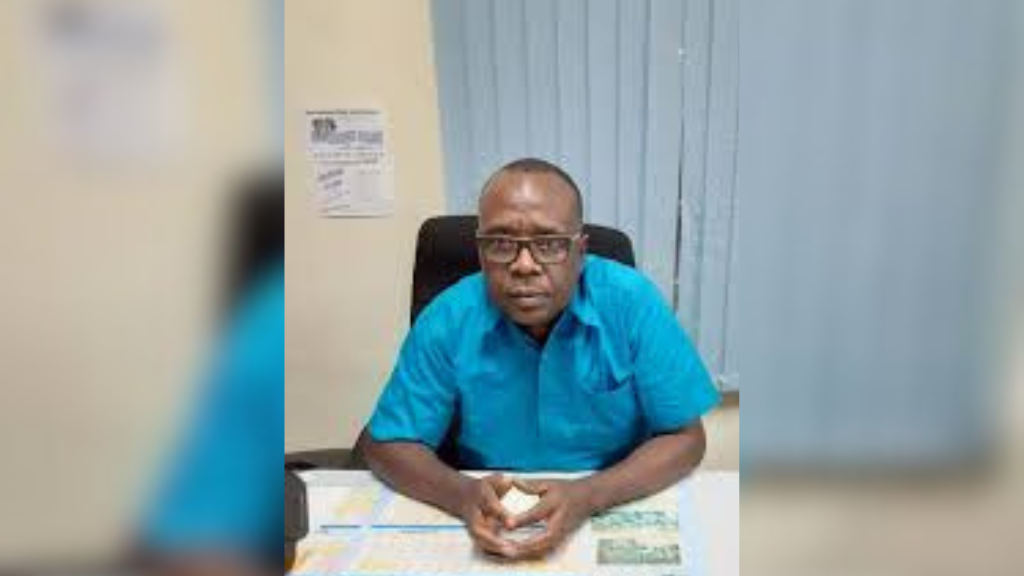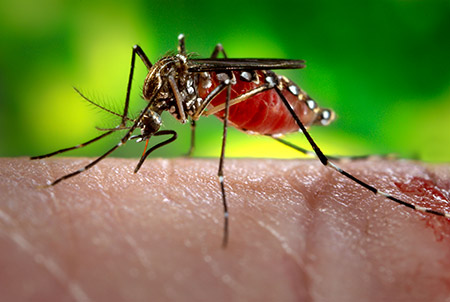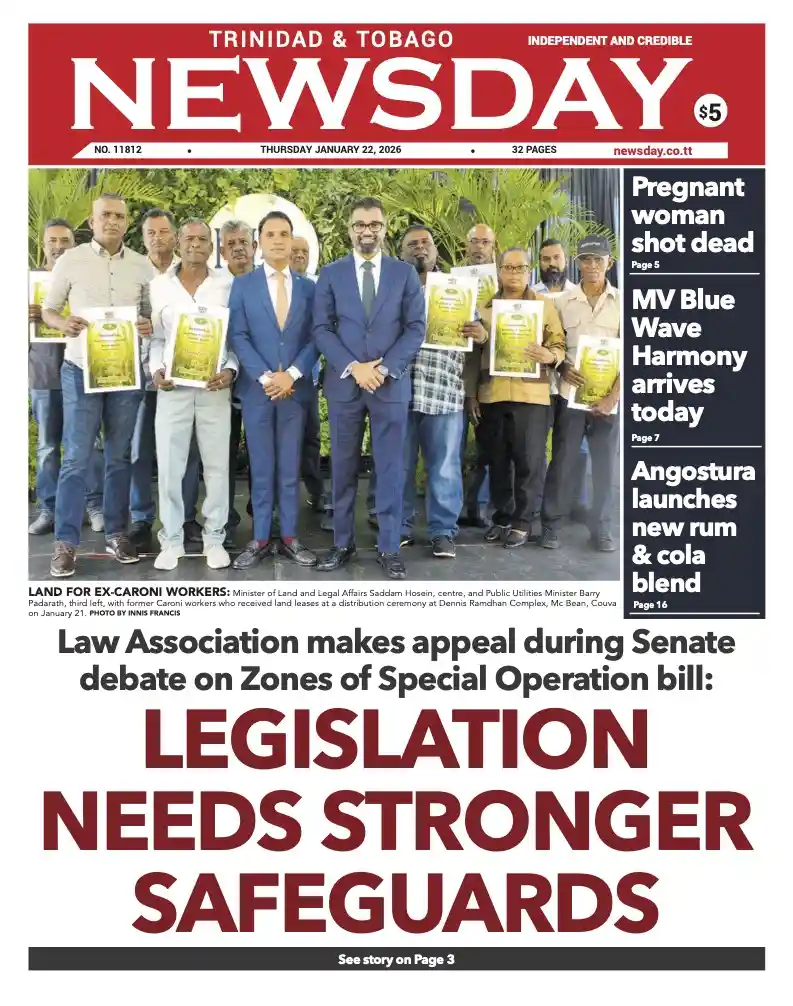Suriname’s Health Minister André Misiekaba has unveiled a transformative strategy to revolutionize mental healthcare by shifting focus to early detection and prevention. The groundbreaking initiative aims to integrate mental health services into primary care systems, targeting schools, polyclinics, and community settings as frontline defense mechanisms against severe psychiatric conditions.
Minister Misiekaba identified the critical gap in current mental healthcare delivery, noting that individuals typically reach psychiatric specialists only at advanced stages of illness. To disrupt this pattern, specialized social workers will now serve as early warning systems within educational institutions and medical facilities. These professionals will receive training to identify initial signs of stress, depression, or behavioral abnormalities, particularly among children and adolescents.
The educational sector represents a cornerstone of this new approach. While teachers maintain their vital observational role, structured support from qualified social workers—either dedicated to individual schools or serving multiple institutions—will provide essential specialized assessment capabilities.
Healthcare facilities will similarly establish low-threshold access points where social workers can address emerging mental health concerns before they escalate. For complex cases requiring advanced treatment, the Psychiatric Center Suriname (PCS) remains the central hub, though Minister Misiekaba acknowledged the institution’s current operational challenges.
The PCS currently operates with approximately sixteen patient beds, though modest modifications could expand capacity to thirty. Compounding infrastructure limitations, the facility faces staffing shortages due to emigration of specialized nursing personnel. The ministry is actively developing retention and recruitment strategies to strengthen the workforce.
This comprehensive mental health reform explicitly addresses Suriname’s growing homeless population through the recently established Bureau for Homelessness Task Force. The group has finalized an advisory report that will soon guide policy development for this vulnerable demographic.
Minister Misiekaba emphasized that mental health responsibility extends beyond institutions: “The first signals typically emerge within household environments. Family members play a crucial role in early detection and seeking appropriate support—that’s where the initial alarm should sound.” This holistic approach combines institutional reinforcement with community engagement to create a robust mental health ecosystem.









